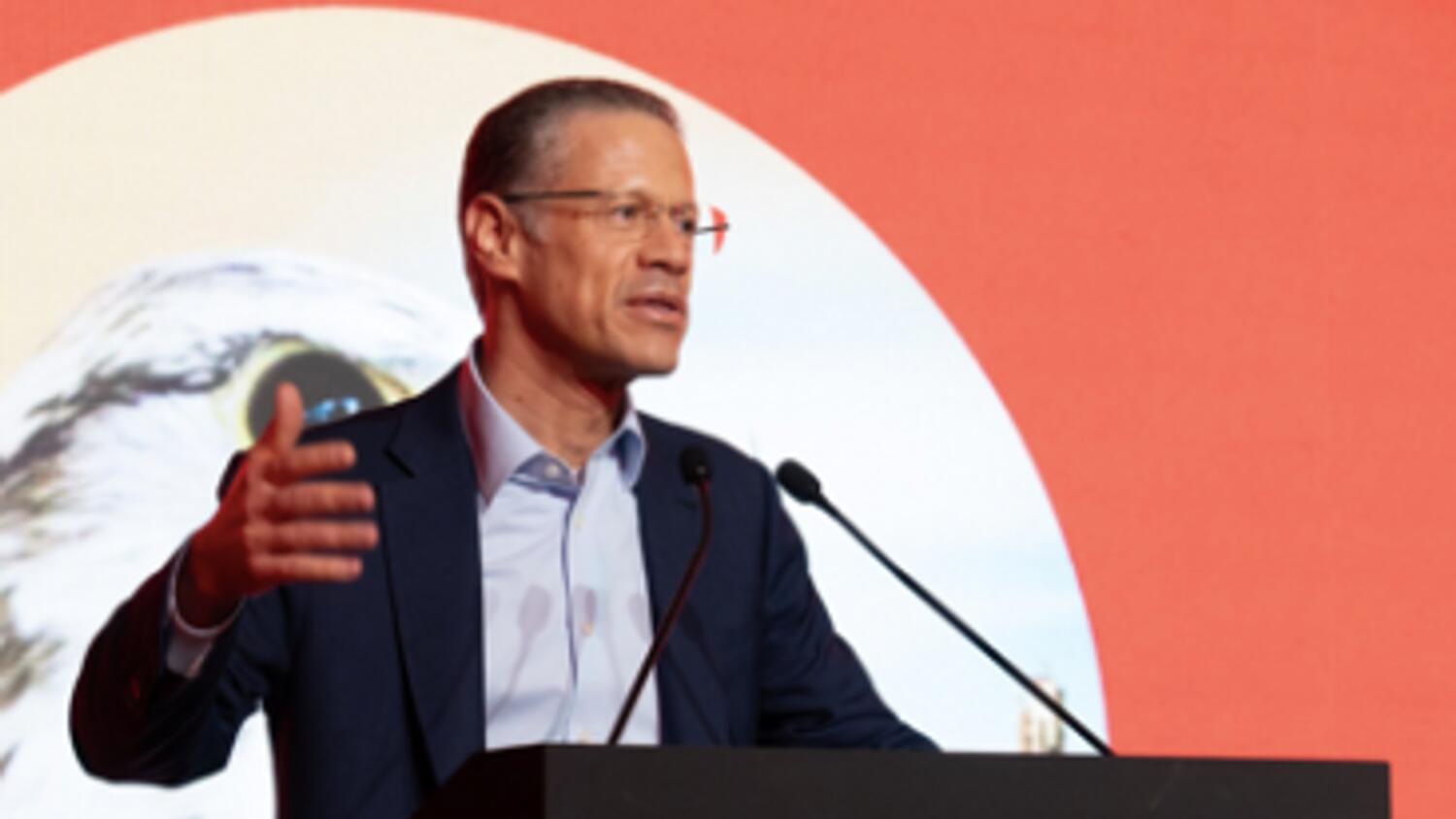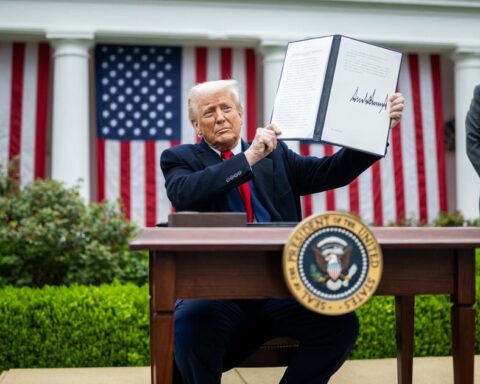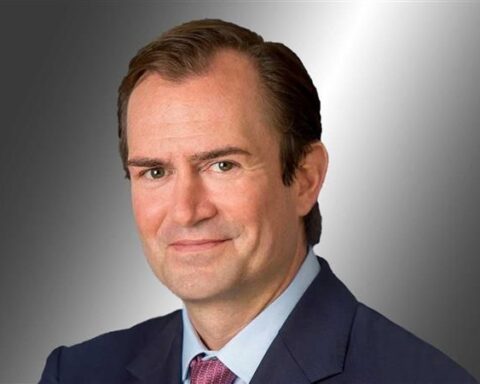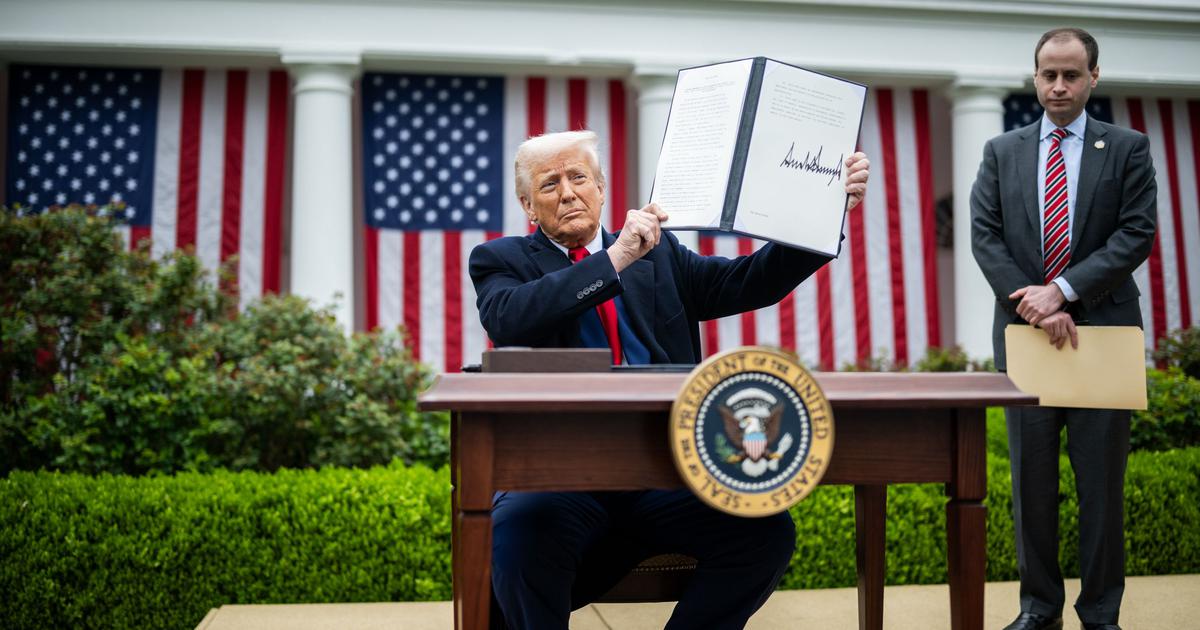UAE Family Firms Generate Over 60% of GDP, Leading the Way in Addressing Geo-Economic Challenges and Sustainable Growth
The second edition of the Campden Global Owners & Family Office Congress recently convened in the UAE, bringing together more than 300 family business principals from over 30 countries. The event highlighted the vital role that family businesses play in addressing contemporary challenges and fostering collaboration across sectors. As major contributors to national economies and innovators in global markets, family-owned enterprises have become increasingly important in driving growth, employment, and sustainable practices.
The congress, held amid growing interest from wealthy individuals in North America and Asia seeking to establish family offices in the UAE, featured a stellar lineup of speakers. These included prominent figures such as Badr Jafar, Special Envoy for Business & Philanthropy in the UAE and CEO of Crescent Enterprises, Adil Alzarooni, Chairman & CEO of Al Zarooni Emirates Investments, Mathew Garver of Liberty Street Capital, Jack Hidary, CEO of SandboxAQ, and Mishal Kanoo, Chairman of The Kanoo Group.
The Imperative for Multistakeholder Governance
Badr Jafar’s opening keynote, titled “Family Businesses & Geo-Economics: The Imperative for Multistakeholder Governance,” set the tone for the congress. Jafar underscored the critical influence that family-owned enterprises wield in today’s global economy. As drivers of innovation, growth, and employment, these businesses have become essential players in tackling pressing geo-economic and socio-economic challenges.
“In the UAE, family-owned businesses contribute over 60% of the GDP and employ more than 80% of the workforce,” Jafar noted, emphasizing the sector’s immense economic impact. He further highlighted the rapid expansion of the family office sector globally, with projections estimating family office wealth will reach $9.5 trillion by 2030.
Jafar’s remarks also pointed to the UAE’s strategy for addressing global challenges, which relies heavily on multistakeholder collaboration. This model, which integrates business, government, and philanthropy, is vital for addressing complex global issues like climate change and sustainable development. By pooling resources and leveraging the unique strengths of diverse actors, the UAE aims to generate a “multiplier effect” that accelerates progress on critical global fronts.
Addressing Global Challenges and Ensuring Sustainable Growth
Throughout the congress, participants explored the challenges facing family businesses in the 21st century. Key themes included the need for sustainable practices, digital transformation, and resilience in a rapidly evolving global landscape. As family firms are increasingly recognized as pivotal to global growth, many leaders discussed strategies to ensure smooth intergenerational wealth transfers and leadership transitions while maintaining competitiveness.
High-profile speakers shared insights into the best practices for family business governance, particularly the importance of adopting digital tools and sustainable approaches. Family firms, given their long-term perspective and strong community ties, are uniquely positioned to lead the way in these areas, demonstrating that profitability and sustainability can go hand in hand.
A Platform for Global Collaboration
The week-long congress served as an experiential platform for family business owners to engage in discussions, workshops, and family showcases. Participants were able to exchange ideas, explore new opportunities, and share knowledge on how to adapt to the shifting global economy.
The event underscored the immense potential of family businesses to drive not just economic growth but also social and environmental progress through collaboration. As Badr Jafar highlighted, the future success of family businesses—and indeed global business—depends on their ability to work together across sectors, integrating diverse perspectives and resources to tackle the world’s most pressing challenges.
As global economies navigate an era of uncertainty, the collaboration between family businesses, governments, and philanthropic organizations will be crucial in creating resilient, innovative, and sustainable economies. The Campden Global Owners & Family Office Congress reaffirmed the importance of multistakeholder governance, positioning family firms at the forefront of this global transformation.















